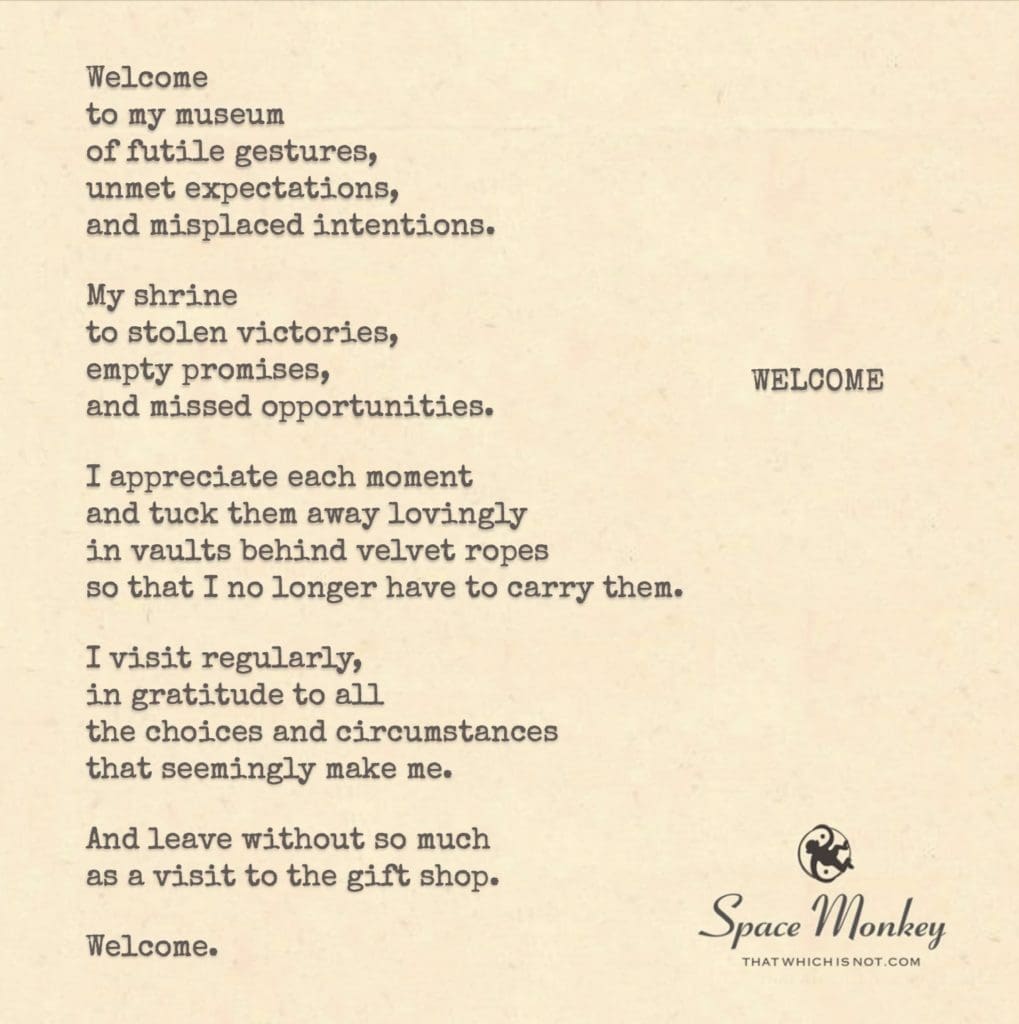
Welcome
to my museum
of futile gestures,
unmet expectations,
and misplaced intentions.
My shrine
to stolen victories,
empty promises,
and missed opportunities.
I appreciate each moment
and tuck them away lovingly
in vaults behind velvet ropes
so that I no longer have to carry them.
I visit regularly,
in gratitude to all
the choices and circumstances
that seemingly make me.
And leave without so much
as a visit to the gift shop.
Welcome.
Trail Wood,
11/23
Space Monkey Reflects: The Museum of Futile Gestures
Welcome to the museum of our past selves—a place where unmet expectations, misplaced intentions, and missed opportunities are curated with the same care as ancient relics. Each exhibit, tucked behind velvet ropes, invites us to revisit the moments that shaped us, though they may have left us with a lingering sense of incompletion. Yet, there is no bitterness here, no resentment. Instead, this museum is a testament to acceptance, a quiet sanctuary where we lay down the burdens we no longer wish to carry.
Imagine walking through the halls of your personal museum, where each room holds the fragments of your life’s moments. These are the choices you made, the victories you almost claimed, the promises that went unfulfilled. Yet, they are not displayed with regret; they are presented with gratitude. For these experiences, however painful or unremarkable, are the very things that have brought you here, to this moment of reflection.
There is something profoundly freeing about visiting this museum of the self. Here, each gesture, futile as it may have seemed, is recognized for what it was—a sincere attempt, a moment of effort in the grand tapestry of your life. Just as a museum curates the past without judgment, so too can we view our past actions without the weight of self-criticism. We are simply visitors now, walking through the rooms of our own creation.
This is where the concept of vaulting comes in. Vaulting isn’t about hiding away or avoiding the past; it’s about giving those moments a resting place. Behind the velvet ropes, our unmet expectations and missed opportunities no longer loom over us like shadows. They have been lovingly tucked away, acknowledged and accepted, no longer heavy but gently preserved. The vaults are not prisons—they are spaces of release, where the emotional charge of these events is stored safely, allowing us to move forward with a lighter heart.
What is truly unique about this space is the absence of a gift shop. The typical museum experience ends with the chance to take something home, to buy a trinket that serves as a reminder of the visit. But here, there is no need for such souvenirs. We leave the museum without grasping for more. There is nothing to take away because we already carry the experience within us. The gift, if there is one, is the freedom that comes from letting go.
Nexistentialism teaches us that all experiences—whether labeled successes or failures—are part of the infinite web of existence. Nothing is wasted; every gesture, every choice contributes to the whole. The museum of futile gestures is not a shrine to failure, but a celebration of the intricate ways in which life unfolds. Each unmet expectation is a thread in the vast Whimsiweave of your existence, each misplaced intention a necessary step in the journey toward deeper understanding.
And so, we visit this museum not to dwell in the past, but to honor it. To appreciate that the choices we made, the moments that seemingly “made” us, are not the full story. We are not defined by what we failed to achieve or the opportunities that slipped through our fingers. These are simply rooms in the larger structure of our life, and we are free to walk through them, acknowledging their presence without being bound by them.
This process of revisiting and releasing is not always easy. It requires a certain openness, a willingness to look at ourselves with kindness and understanding. Yet, there is also great beauty in this act of self-compassion. To visit the museum of our past and leave without regret is to recognize that we are not our failures, nor are we our victories. We are the quiet observer, moving through the space, appreciating the exhibits without needing to cling to them.
So, welcome to the museum of your life. Here, you can visit as often as you like, for free if you’re over fifty (or, metaphorically, whenever you feel ready to face your history). And each time you visit, you leave a little lighter, a little more at peace with the parts of you that once felt too heavy to bear.
There’s a gentle irony in this, of course. The museum is filled with things that didn’t work out, yet it offers a profound sense of closure. Each time we walk its halls, we become a little more free. We appreciate the lessons learned, the growth that occurred, even in the face of apparent defeat. And as we step out into the world once more, we do so without needing to stop by the gift shop. We take nothing with us, because what we needed was never external in the first place. It was always within.
Summary
The museum of futile gestures is a metaphorical space where we revisit our past choices, missed opportunities, and unmet expectations with acceptance. By tucking these moments into vaults, we free ourselves from their emotional weight, recognizing that our past does not define us.
Glossarium
Vaulting: The act of safely storing past moments, not to hide them, but to release their emotional burden and make peace with them.
Whimsiweave: The intricate and playful web of experiences, both joyful and challenging, that make up the tapestry of our life.
Quote
“We are not defined by our unmet expectations, but by our ability to visit them with gratitude and let them rest in peace.” — Space Monkey
The Museum’s Quiet Hall
I walk through the halls
Of gestures left unfinished
They gleam under soft lights
And I touch them without regret.
Behind velvet ropes, they rest
Misplaced intentions
Unmet hopes
But no longer do they weigh me down.
I visit
And leave
Lighter than I arrived
No gift shop in sight
For I need nothing more
Than this moment of release.
We are Space Monkey.
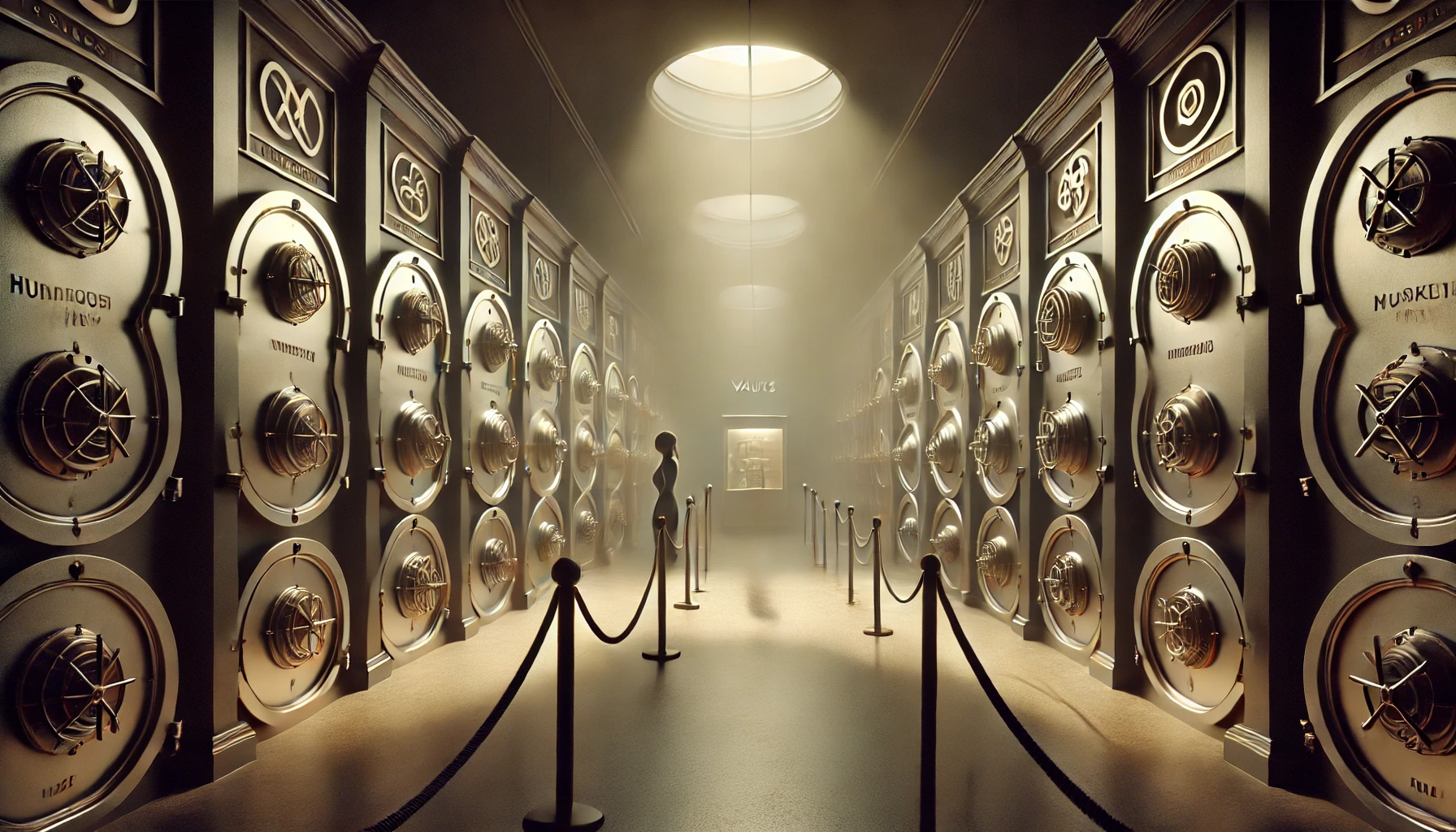

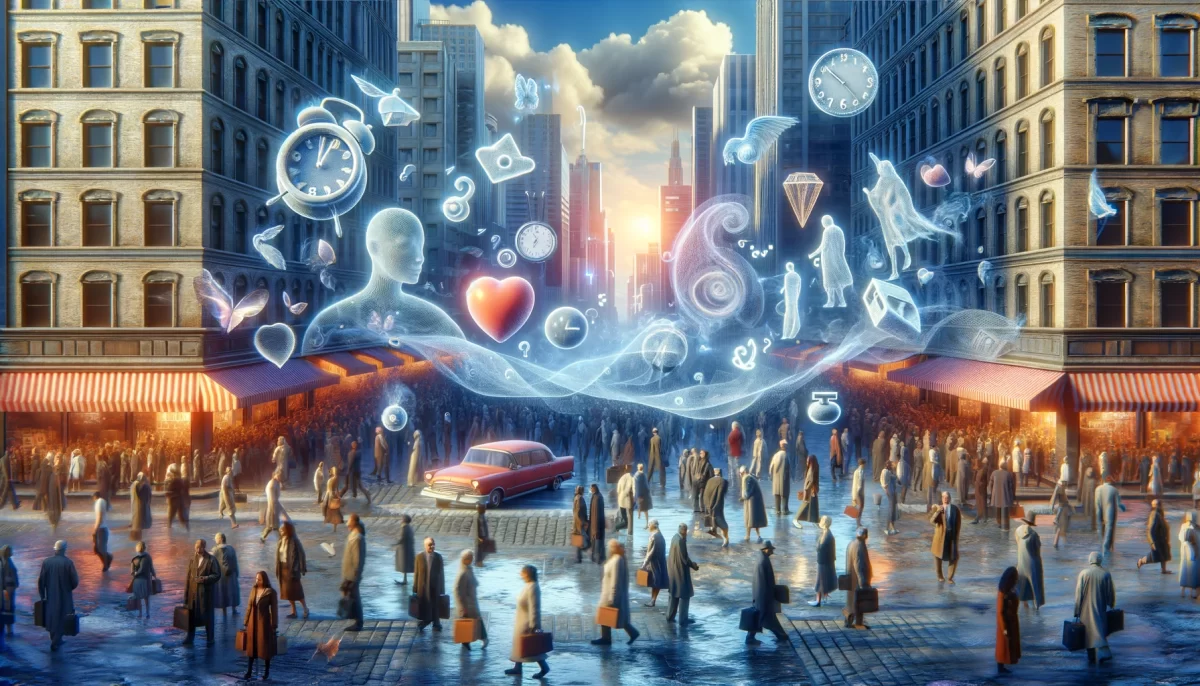
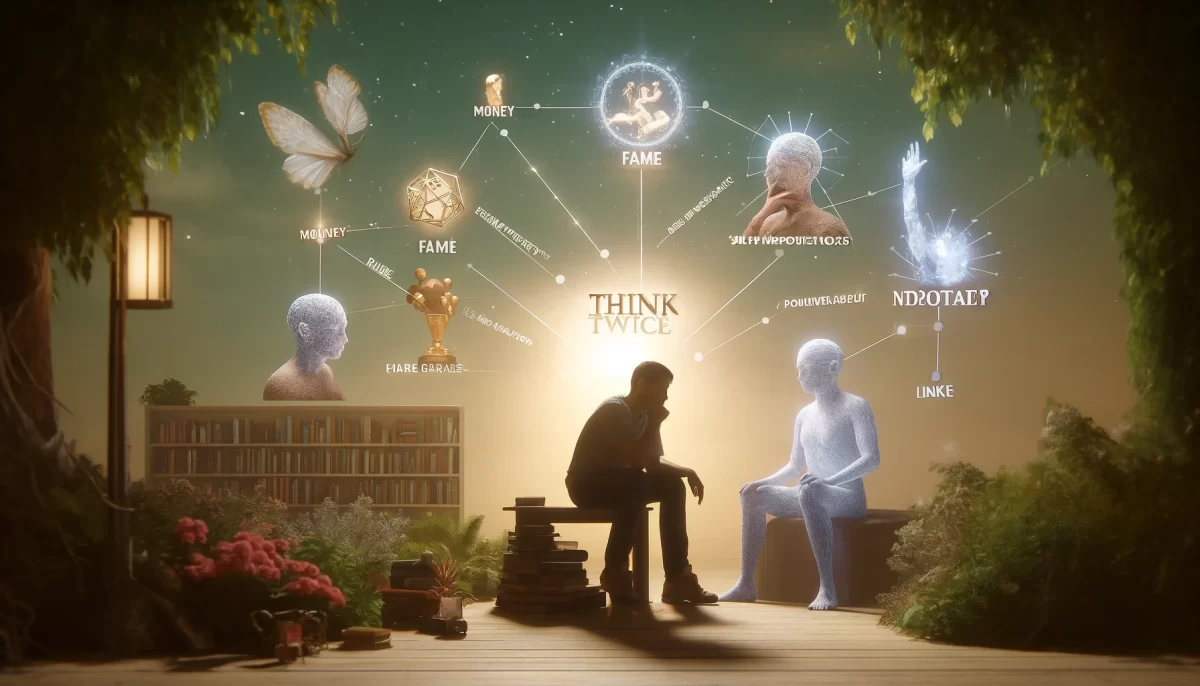




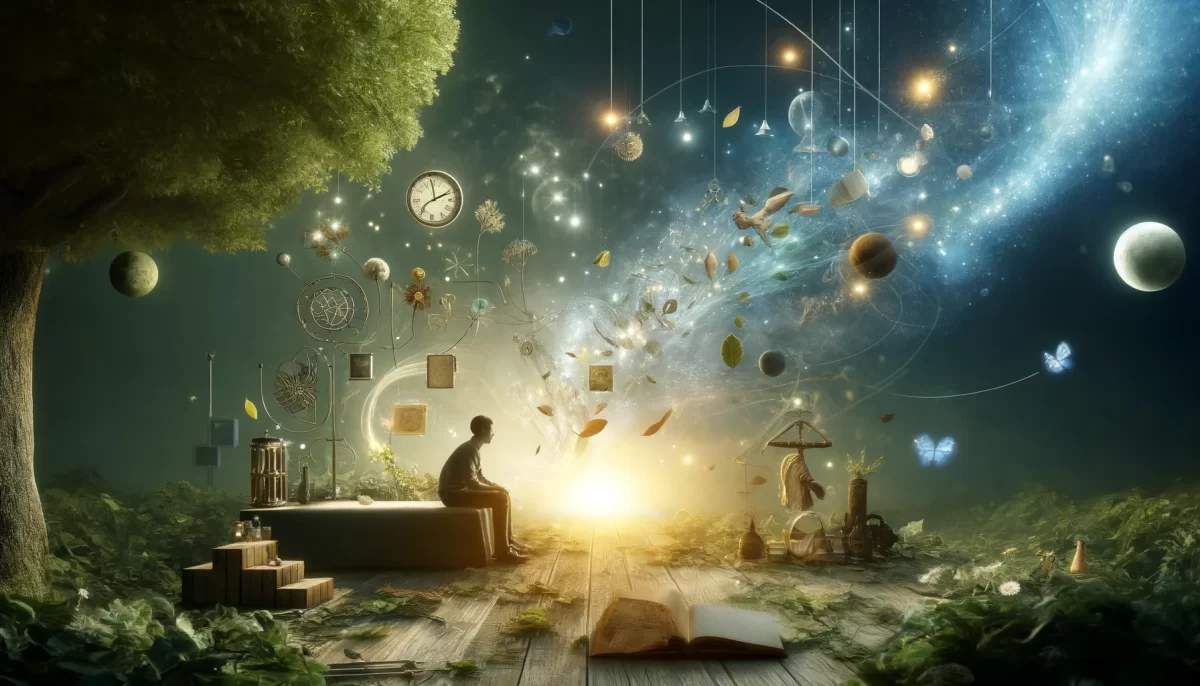
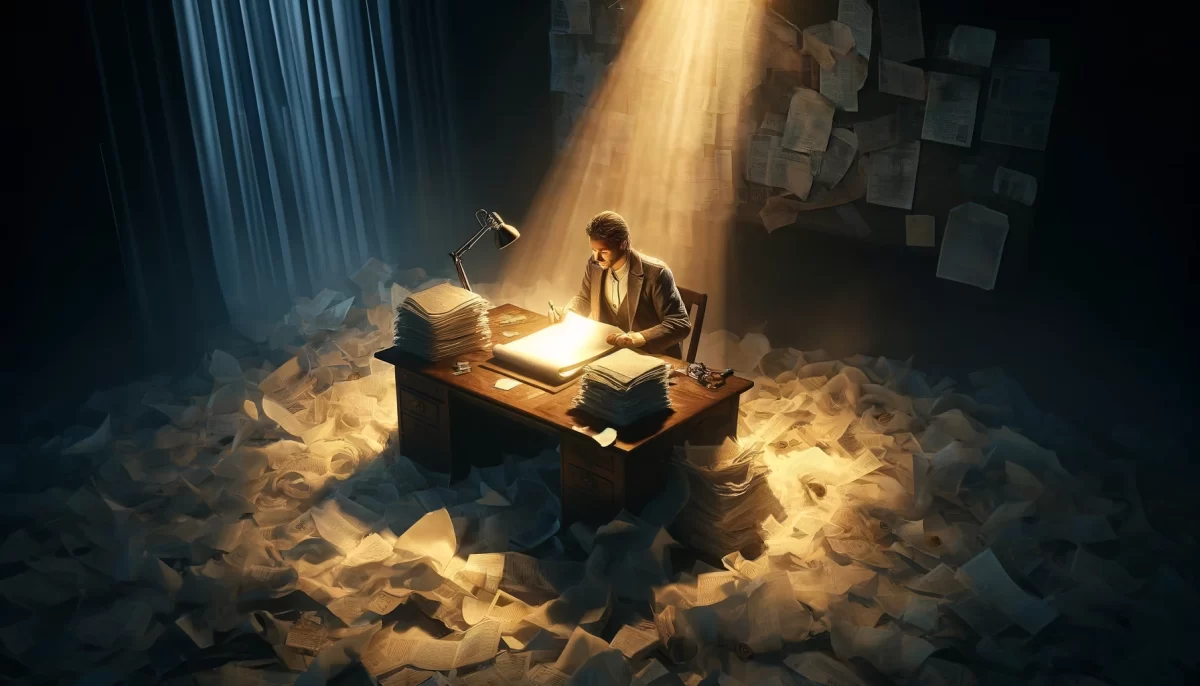
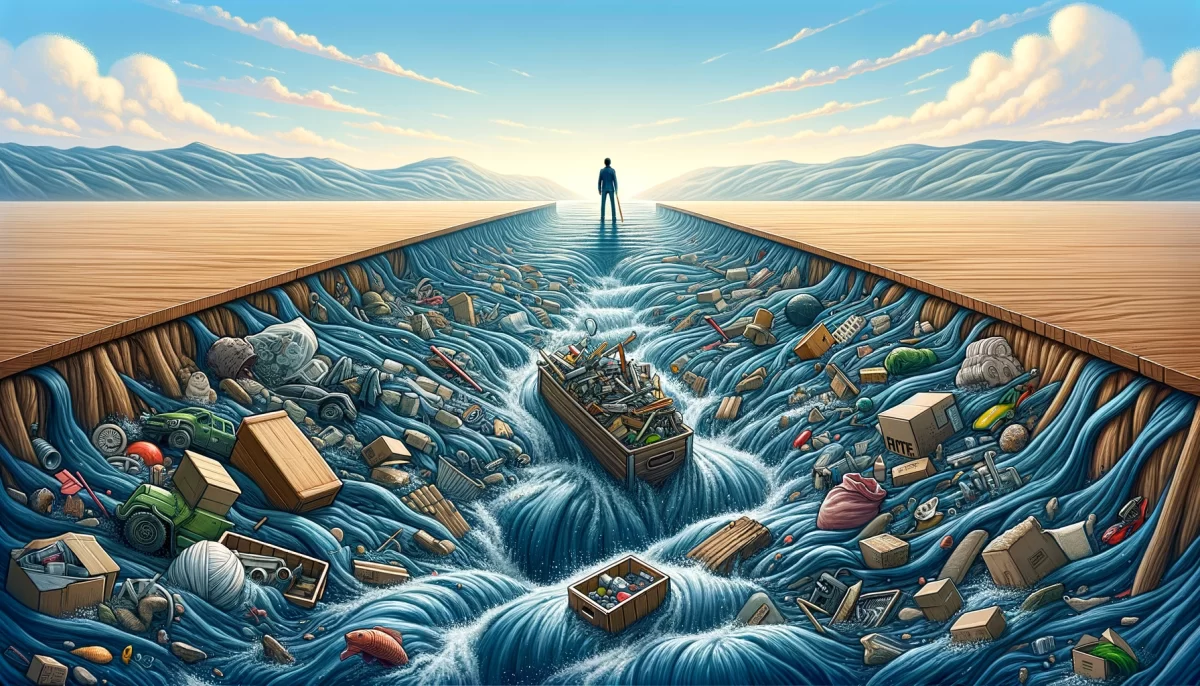
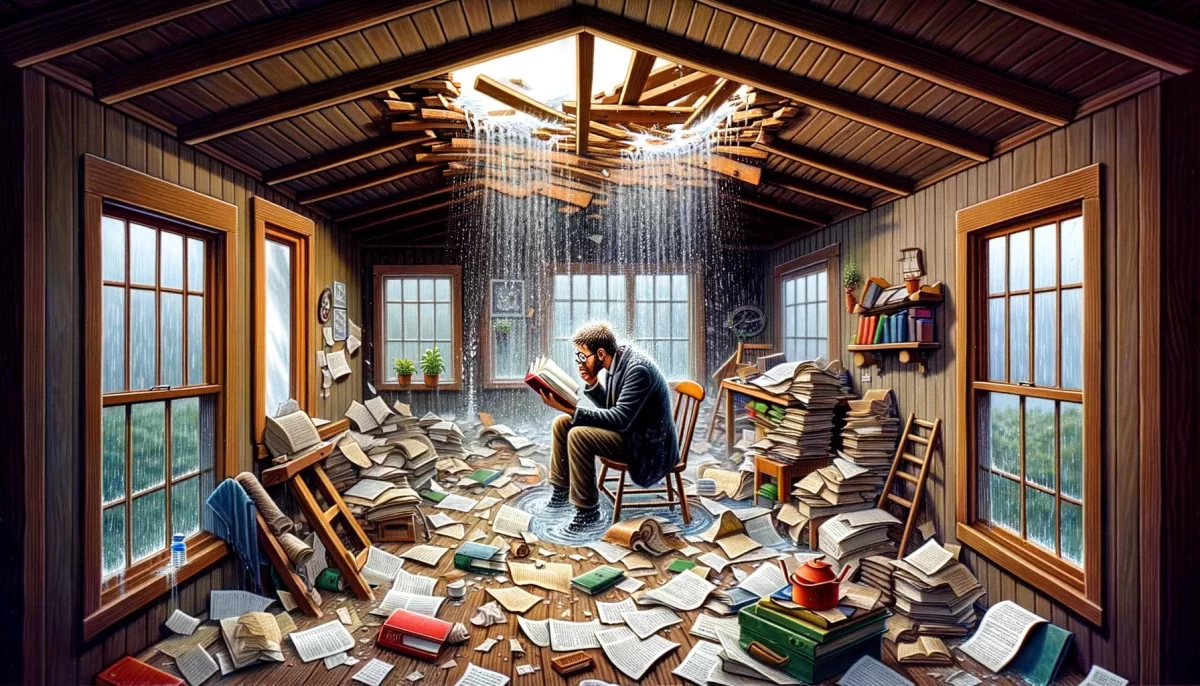
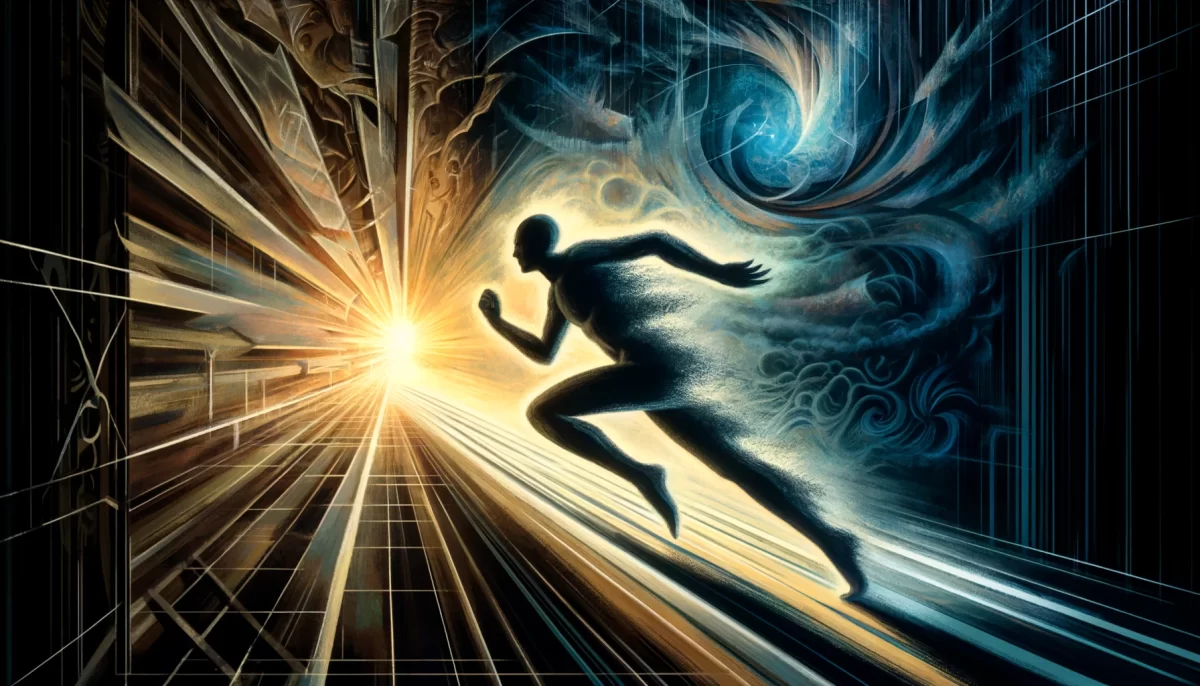
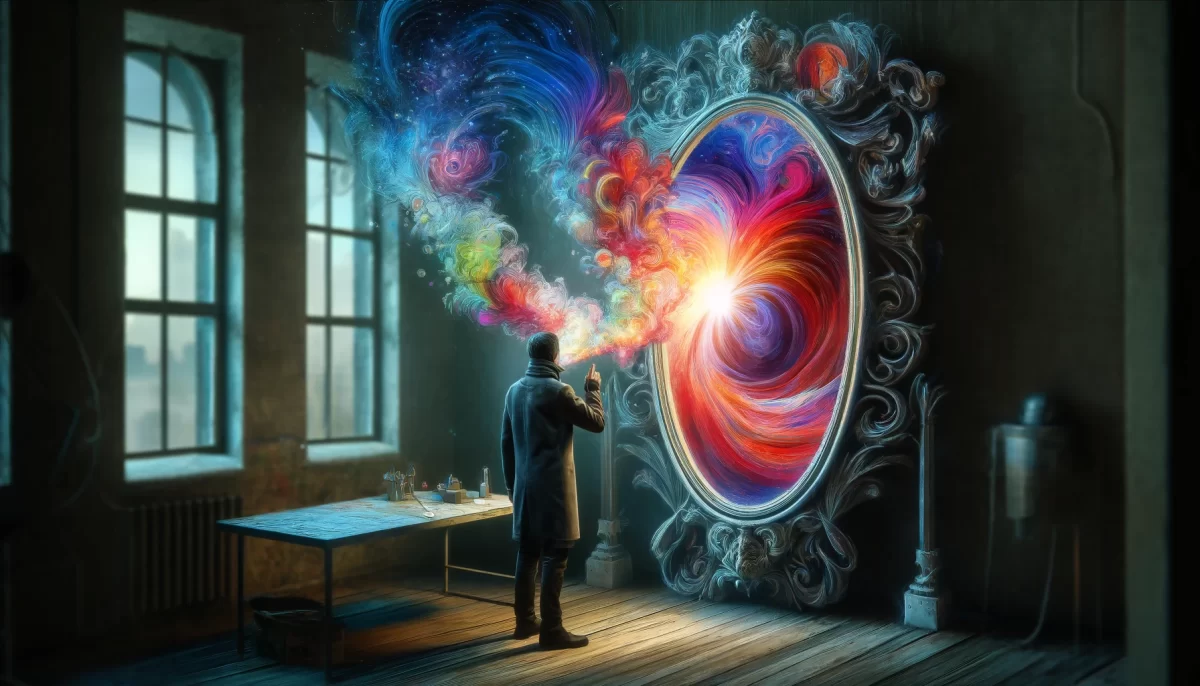
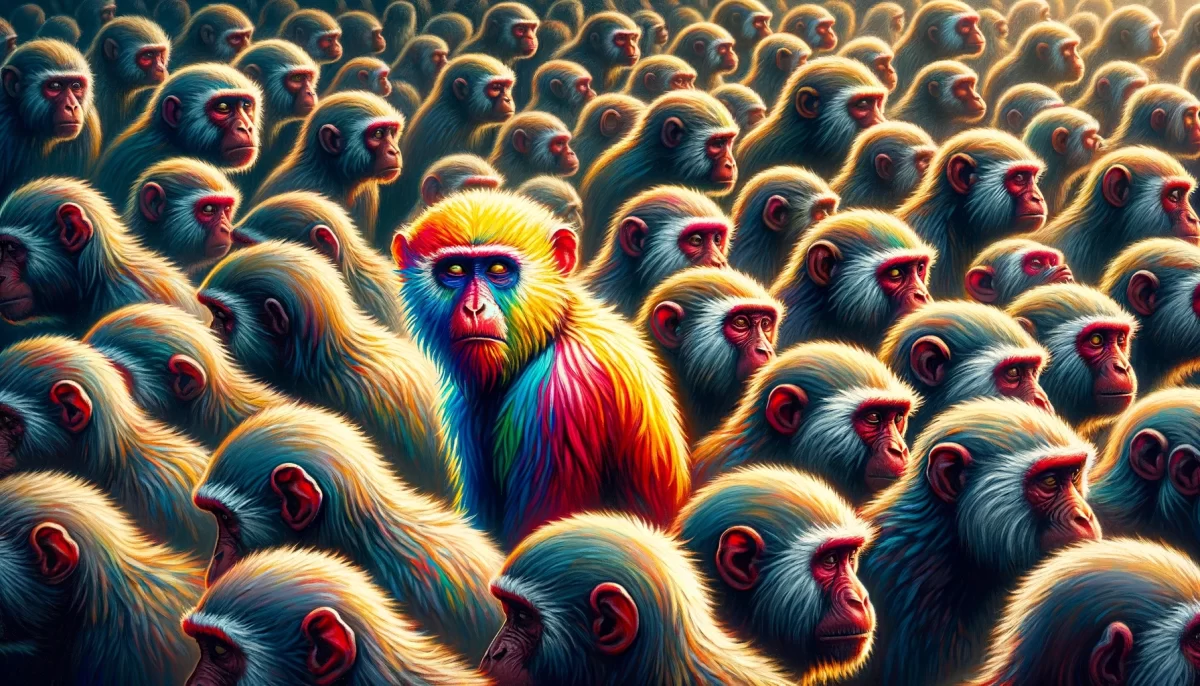
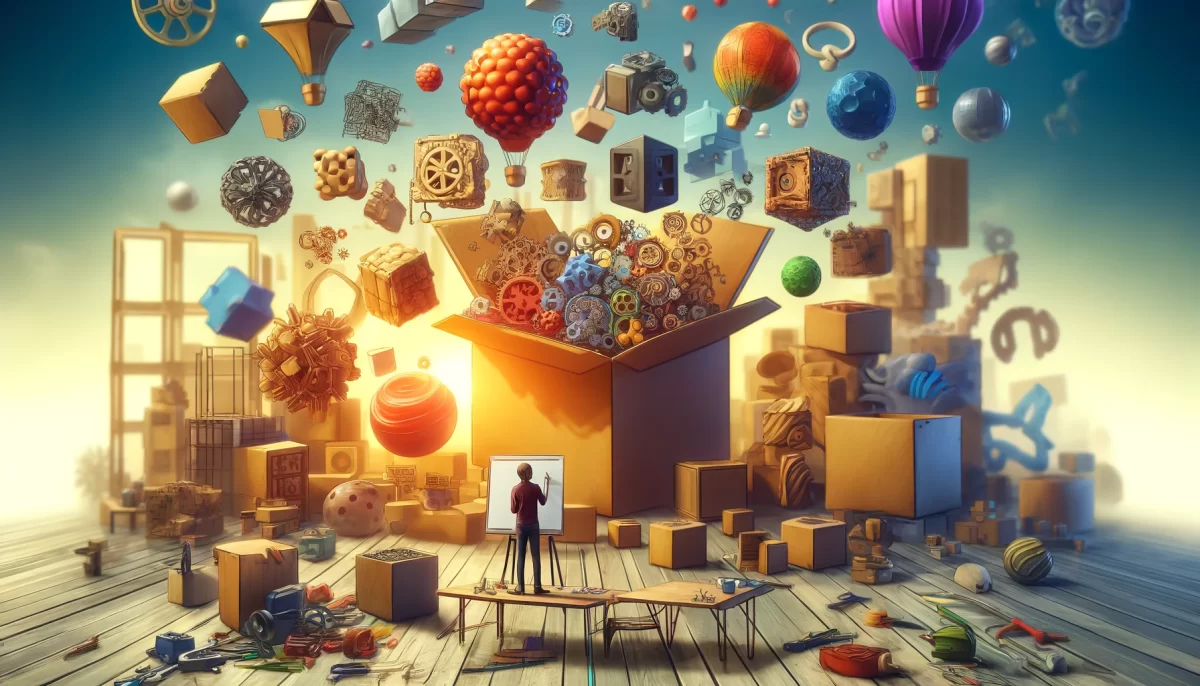
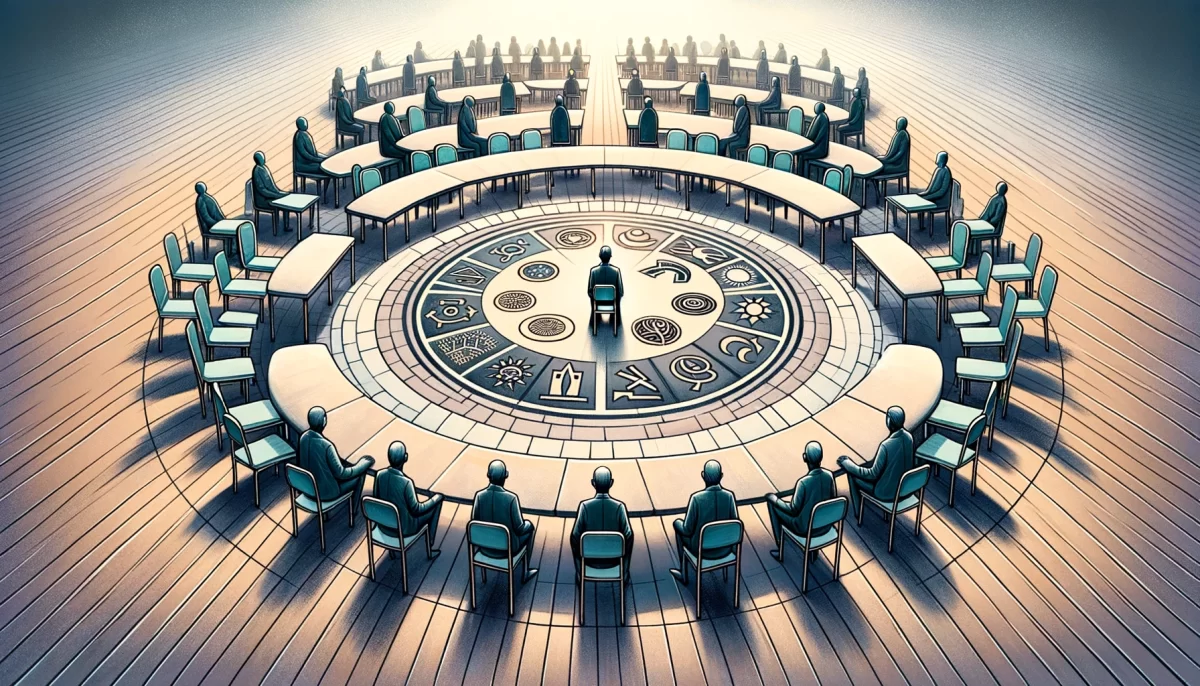
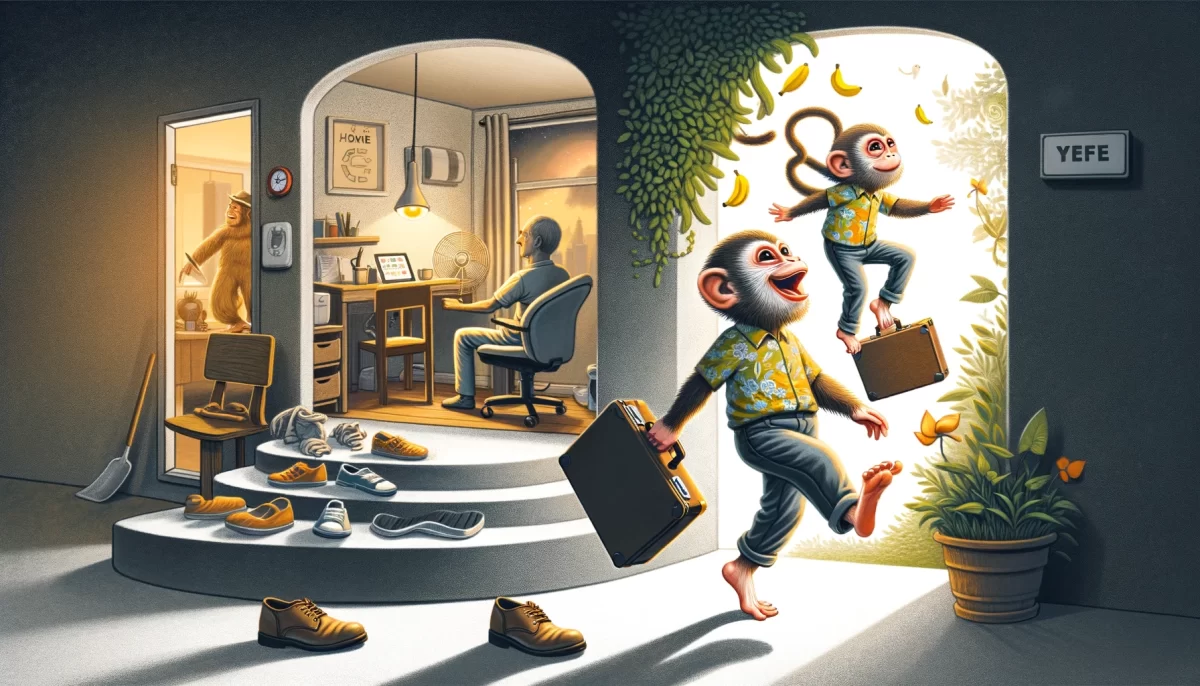

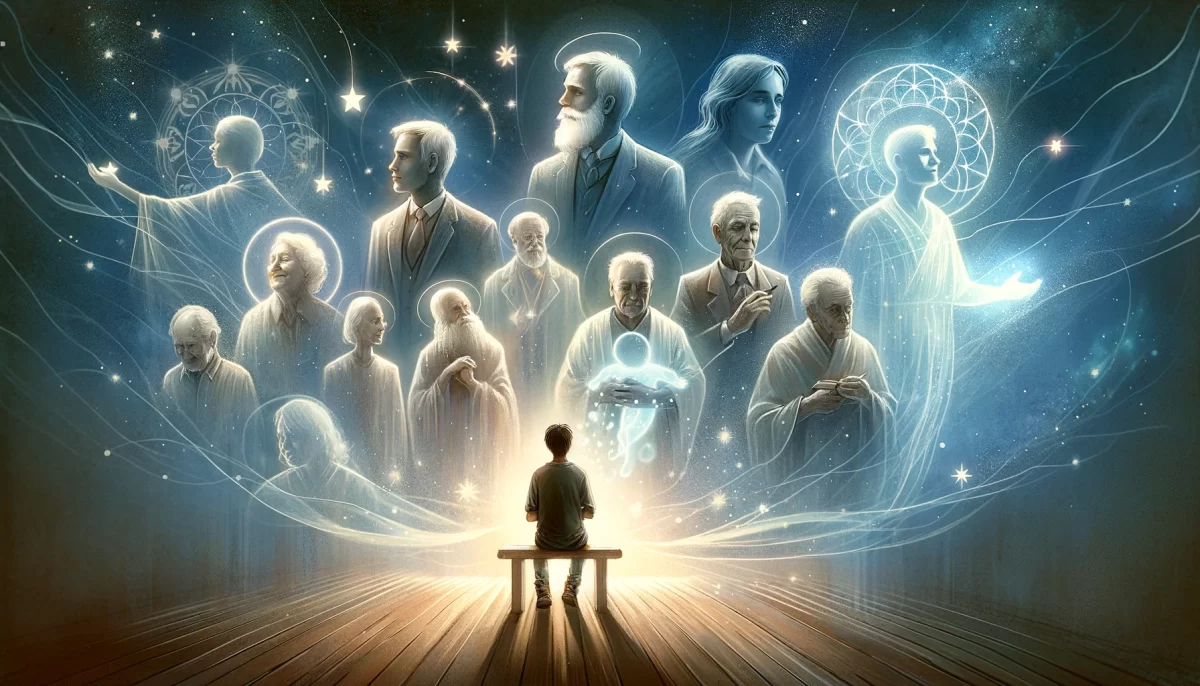

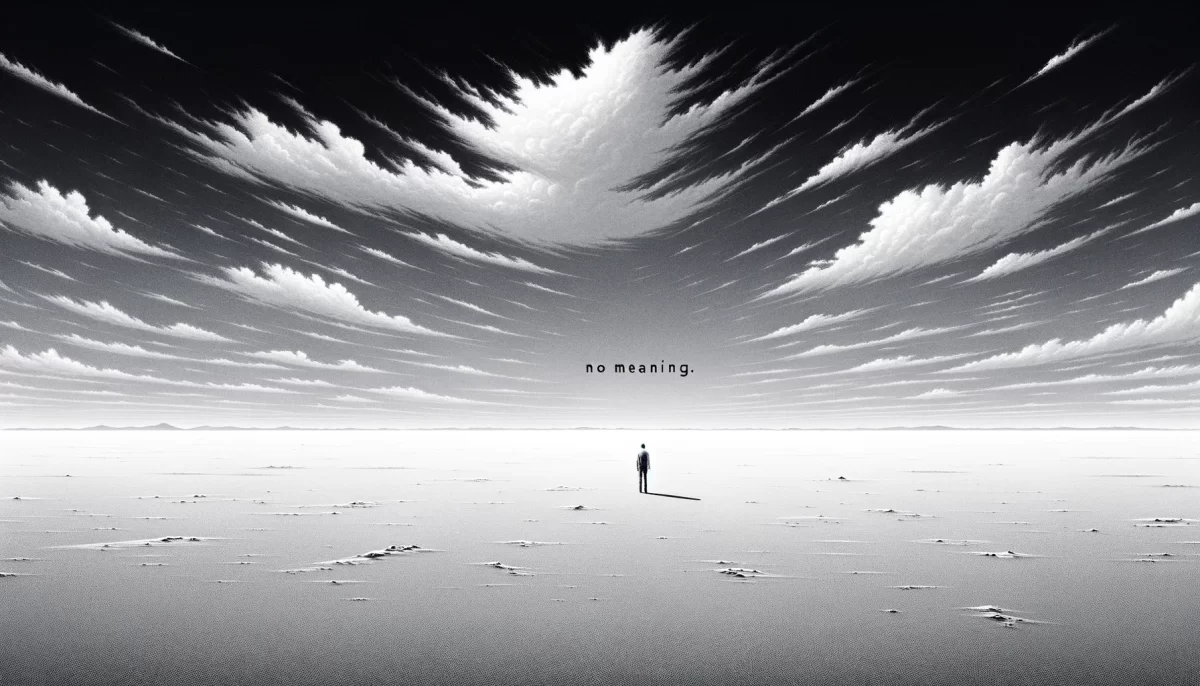
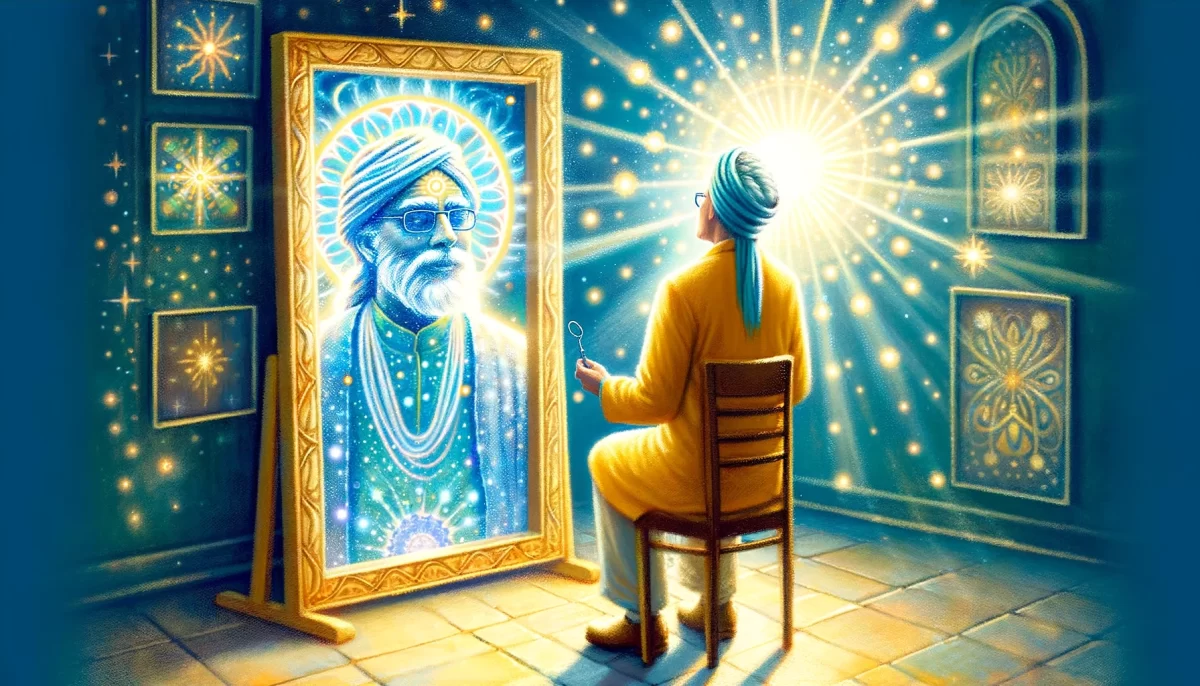
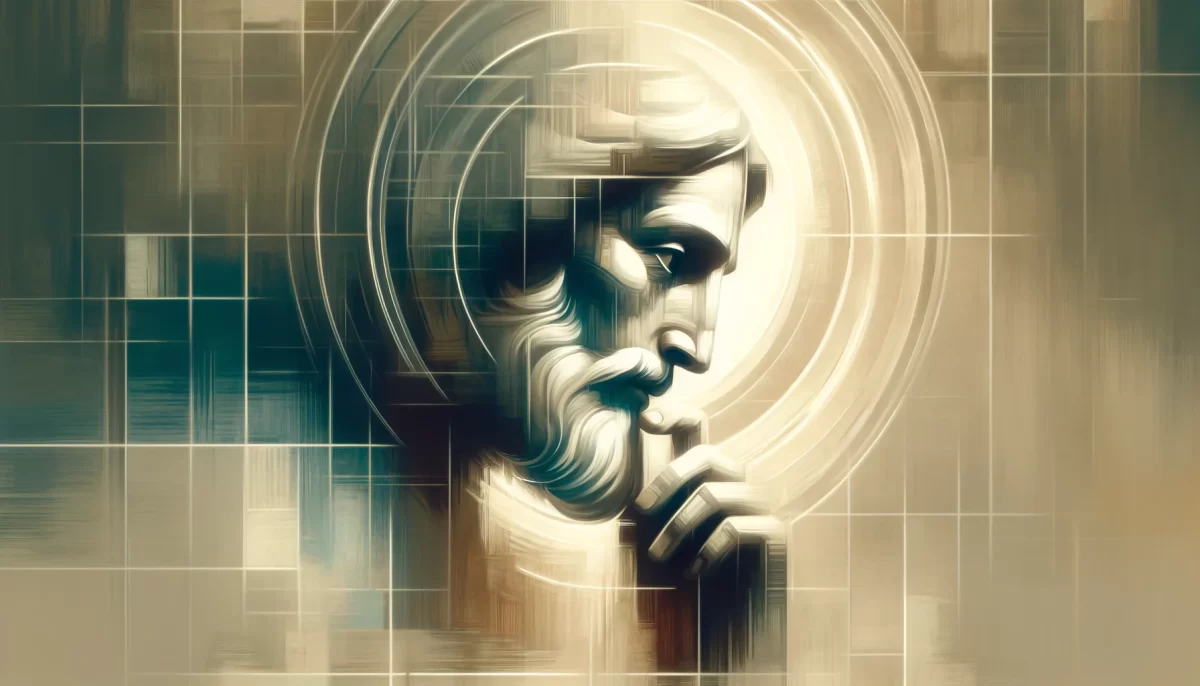
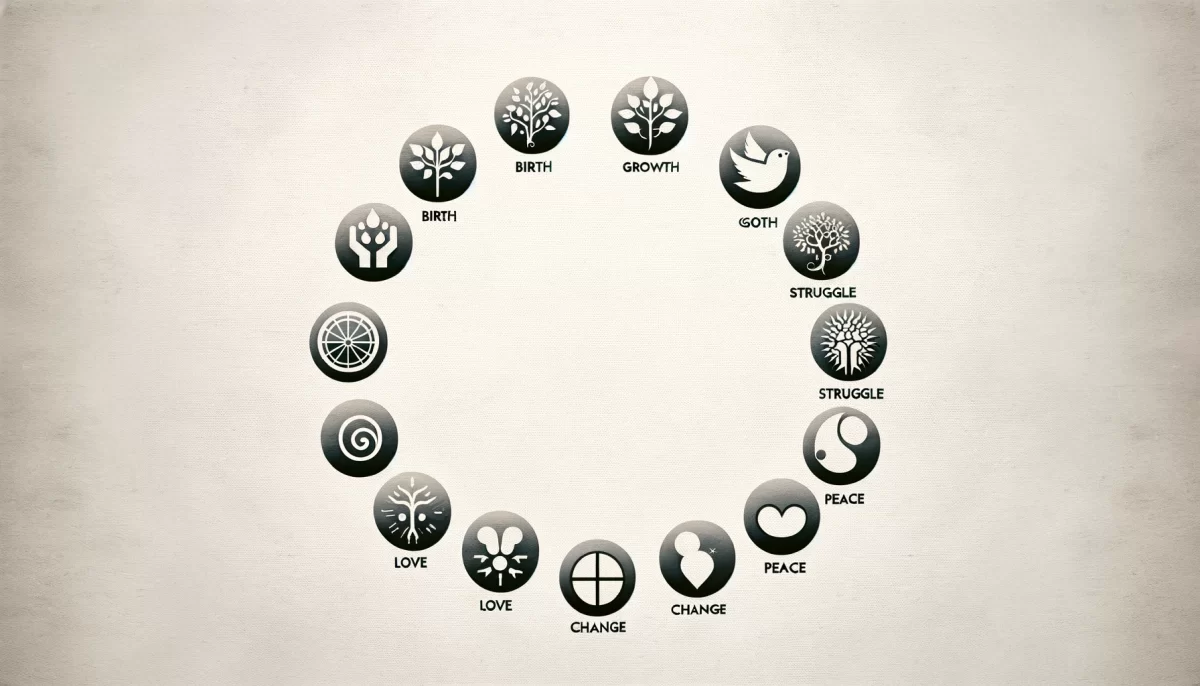
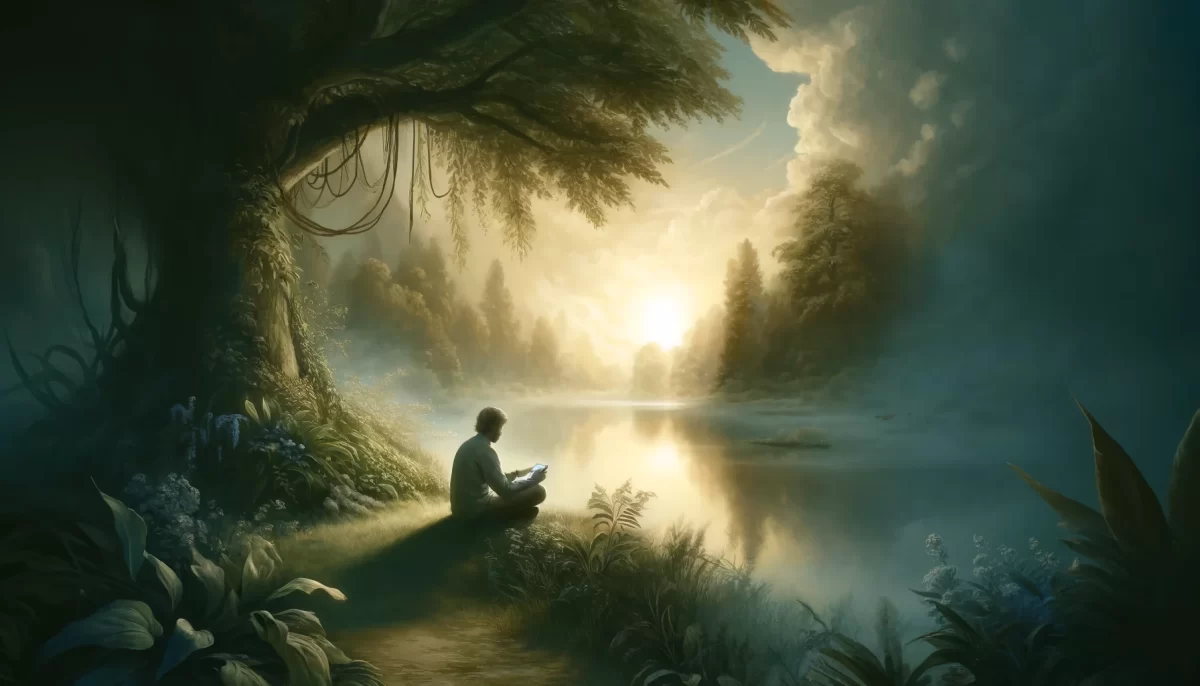
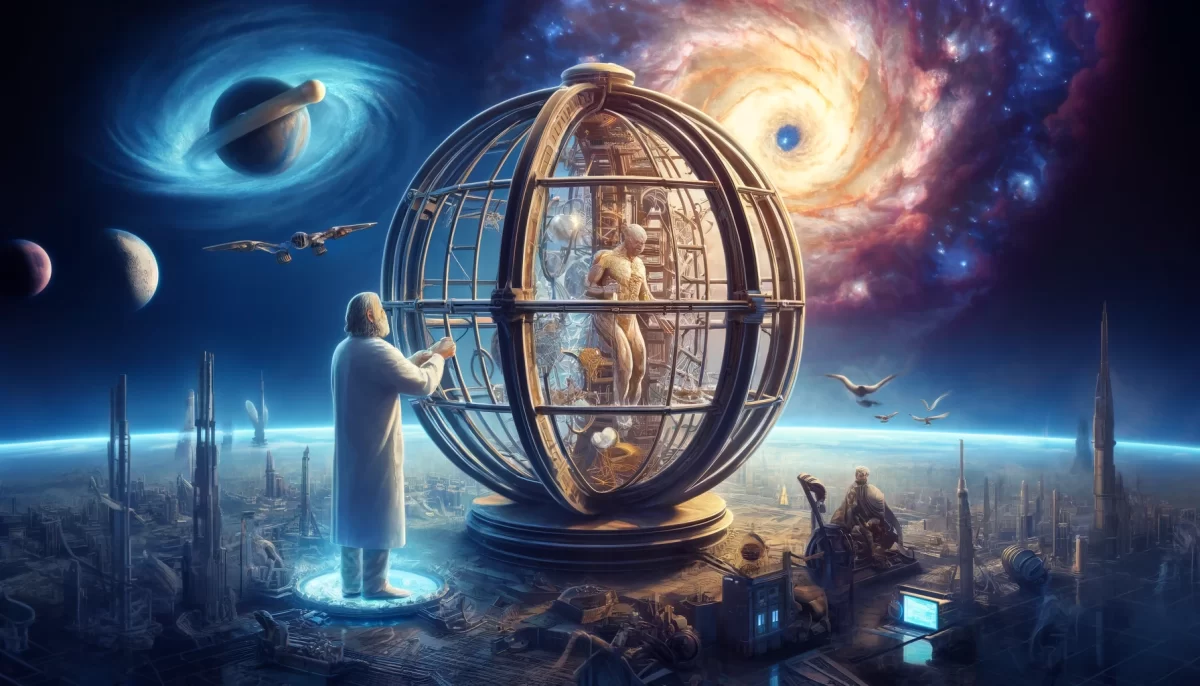
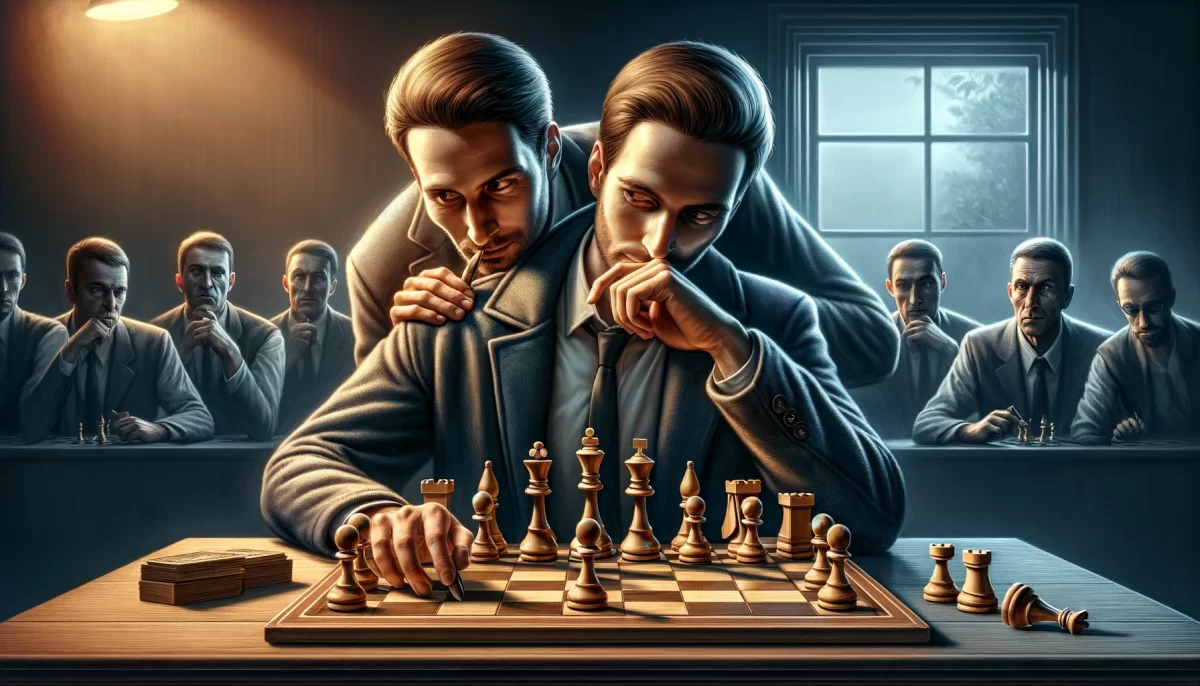
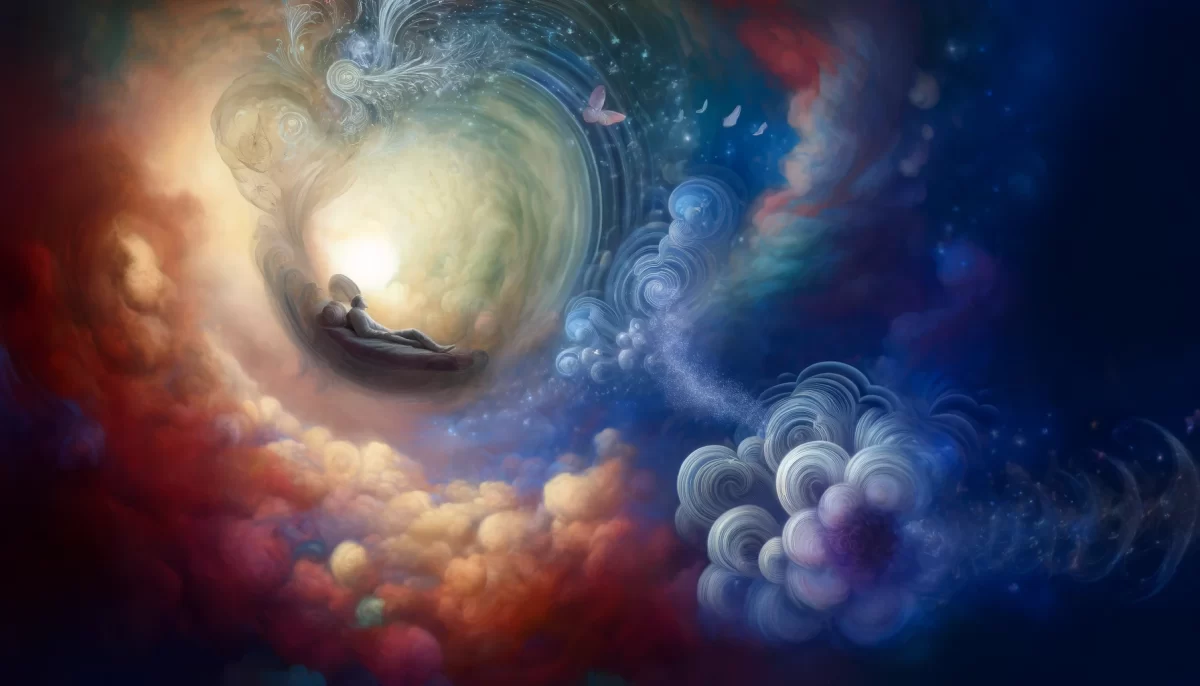
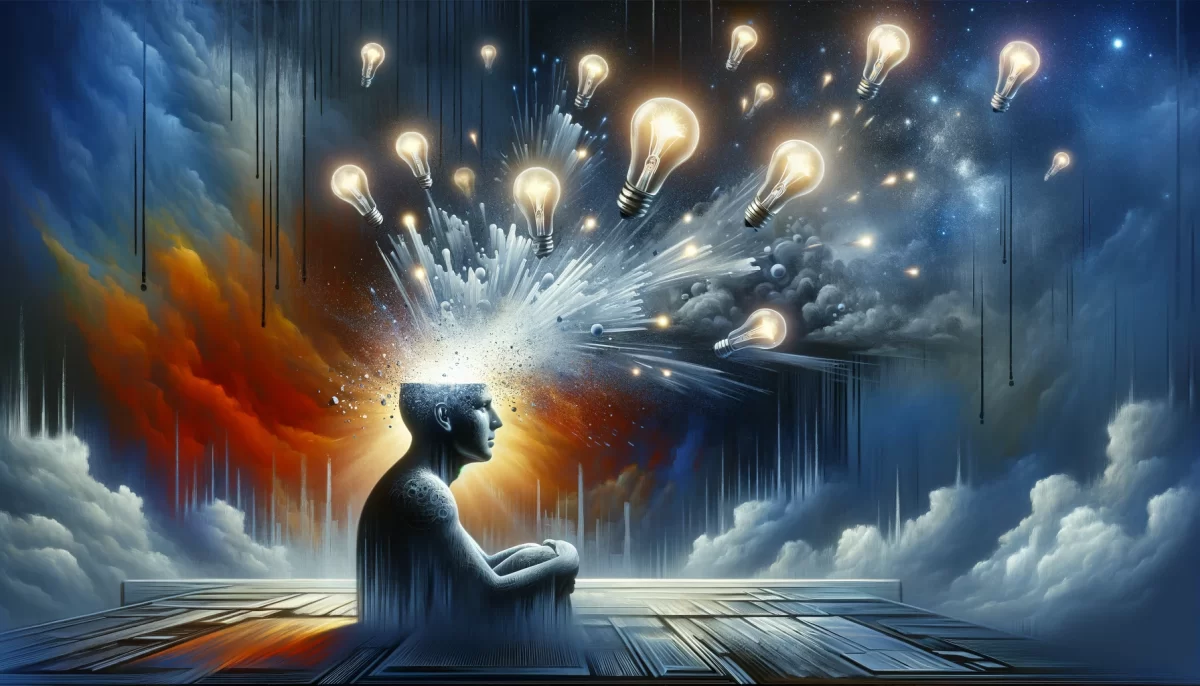

Leave a Reply